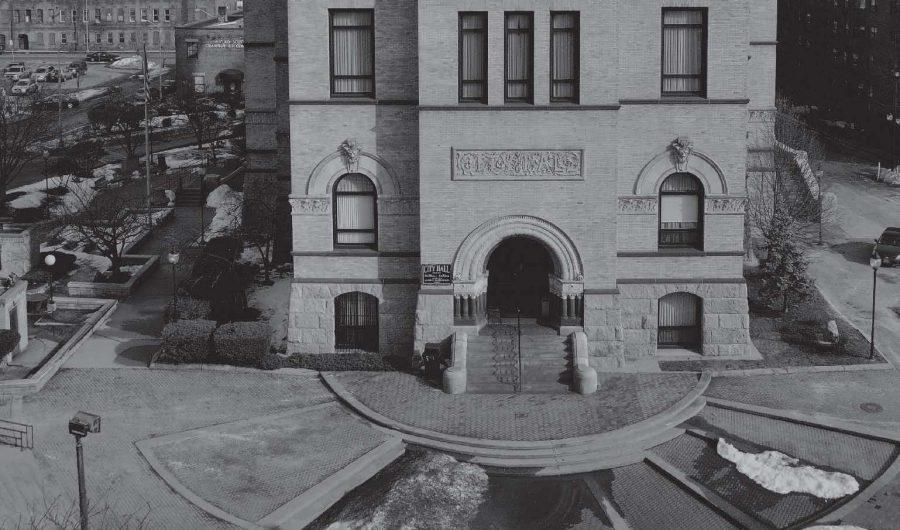Is it a coincidence that a 350-megawatt natural gas power plant has been proposed to be constructed in the city of Brockton, Massachusetts or are other variables to be considered in the locality proposition? This fiery debate has been the center of controversy for more than three years with proponents of the power plant citing economic benefits stemming from tax revenues and temporary employment and the opposition citing potential environmental and safety concerns with the potential release of harmful emissions to an already environmentally burdened city. Proposing to build this $350 million dollar facility only 1600 feet from the Davis elementary school is not helping matters. I propose putting health and safety first in front of short-term economic benefits that will only serve the interest of the owners of such facilities leaving the residents to suffer the consequences. Only five Massachusetts neighborhoods have higher non-white populations than Brockton. Speaking in terms of percentages, in a state of 39,507 residents, 38.5 % are minority or nonwhite. In addition to a high minority racial composition, Brockton is also considered a low income city attributed to the median household incomes listed at $39, 507. The field of environmental justice has taught us that the latter demographics comprising of low-income and a large percentage of communities of color are commonly found in the sitting of such hazardous facilities. The reasons for such outcomes are attributed to systematic discrimination and a lack of political, social and economic power from these communities that if attained, can serve to empower and influence key decision makers to counter such proposals. The proposal to construct the power plant was first filed with the state in 2007 and the approved in 2009 leaving zoning decisions to be determined by City of Brockton. Hearings were held since to hear arguments for and against the construction of the power plan with the last public hearing being held at the West Middle School in Brockton on September 28th before the State Energy Facilities sitting board. Many Union Workers are supporting the construction hoping to receive a share of the temporary jobs that will be needed to facilitate construction, the Mayor of Brockton, Linda Balzotto and city council are opposed to the project. A series of legal arguments will be held in Boston that will ultimately seal the fate of the power plant. Among the changes being debated is a move to drop diesel as a back up fuel that is meant to lower emissions of a harmful pollutant knows as “particulate matter 2.5”. by as much as 42 %. Lower emissions are great, but no emissions are an even better alternative. According to the Environmental Protection Agency (EPA), such particulate matter are known to contain such minute microscopic solids that are small enough to penetrate deep into the lungs causing serious health problems such as respiratory problems, decreased lung function, aggravated asthma, development of chronic bronchitis, irregular heartbeats and premature death. Can residents of Brockton or any residential city afford these risks? In Massachusetts, there 84 waste sites per town, Brockton has a whopping 347. In terms of waste sites per square mile, MA has 7.3 such sites compared to 16 in Brockton, more than double the state rate. The demographic profile of Brockton qualifies it to be officially deemed as one of the most extensively overburdened communities in MA coming in at number 9 of the top 20 communities. Can we allow such a disproportionate burden to occur in Brockton or any other community that lacks the power to buffer themselves from the superior economic and political forces that influence such decisions? If it would not be hard to imagine the outcome of a posed construction of such a facility in Newton, MA, why would MA support the construction of such a site in Brockton? For more information go to stopthepower.net.
Brockton Fumes About Bureaucratic Delays for Powerplant
By Angel Cosme
| October 11, 2010
| October 11, 2010

